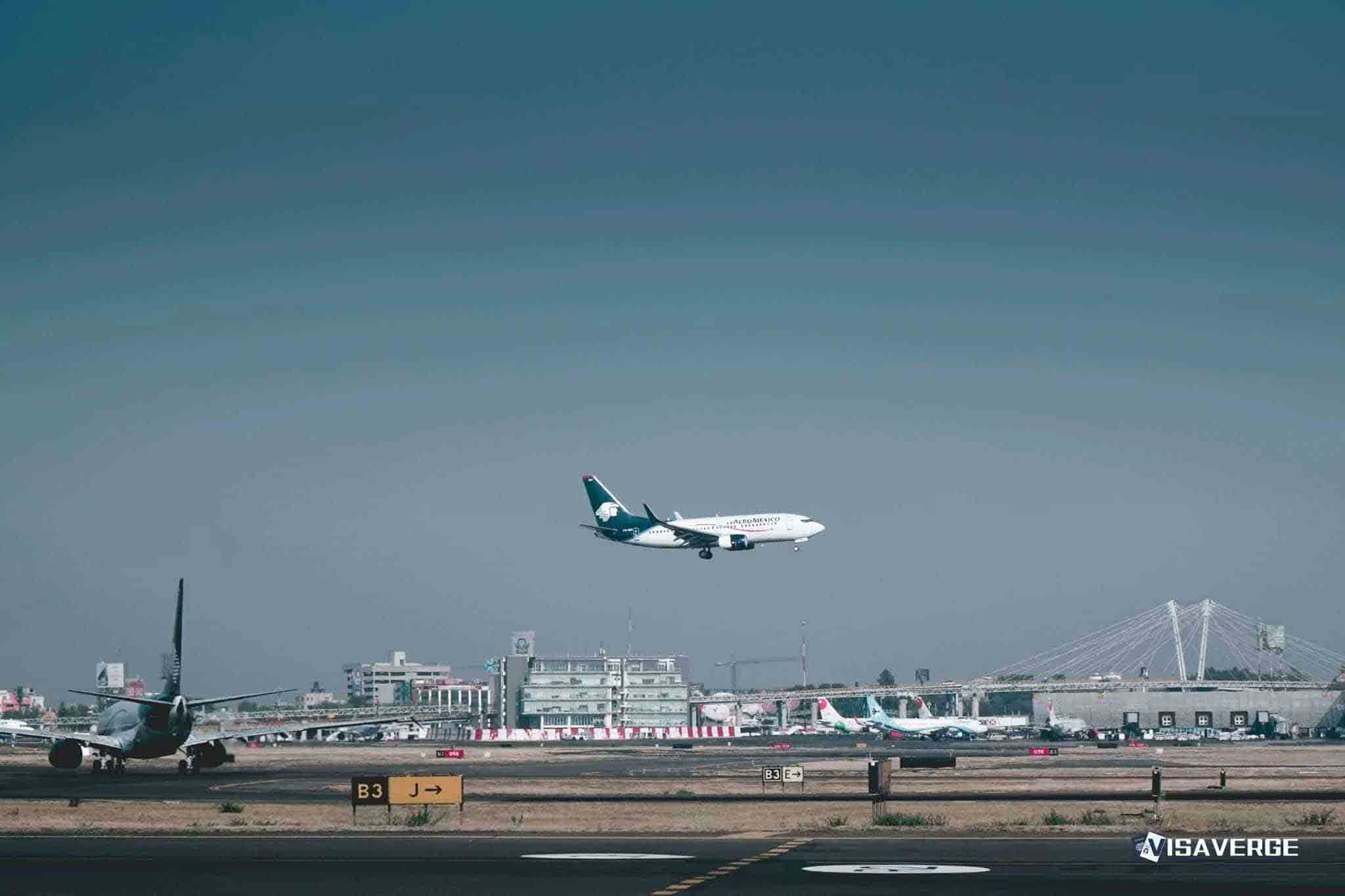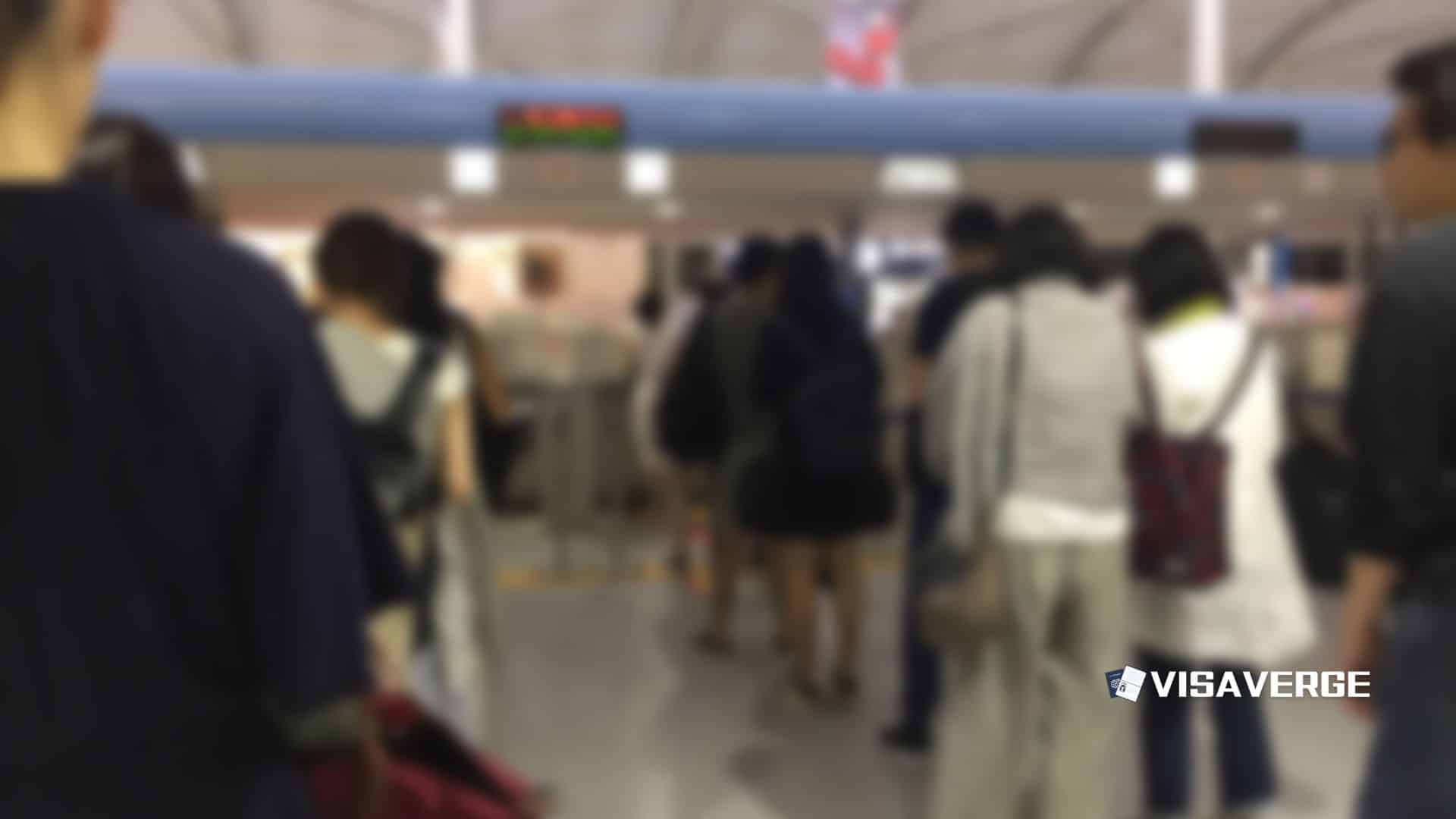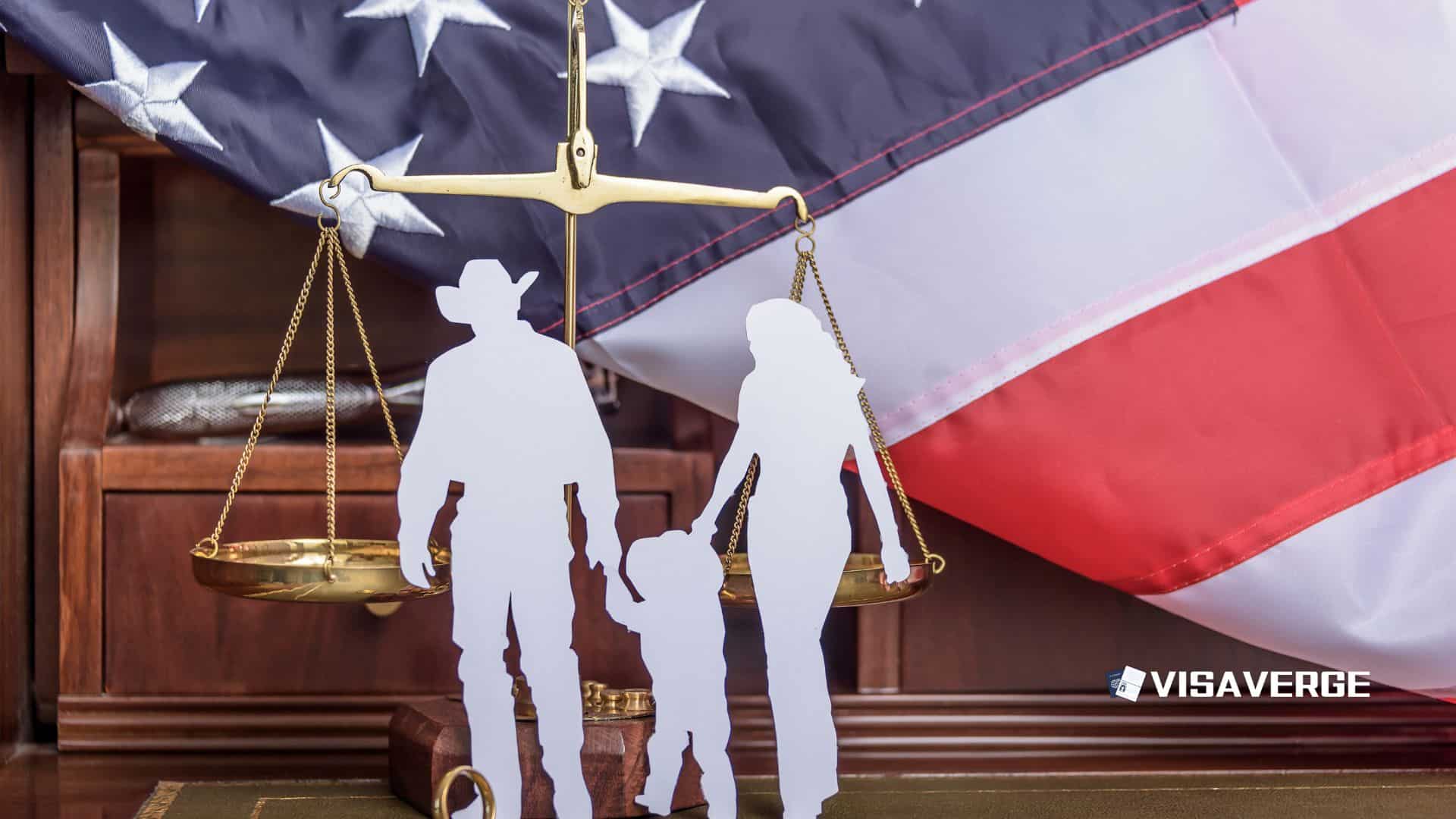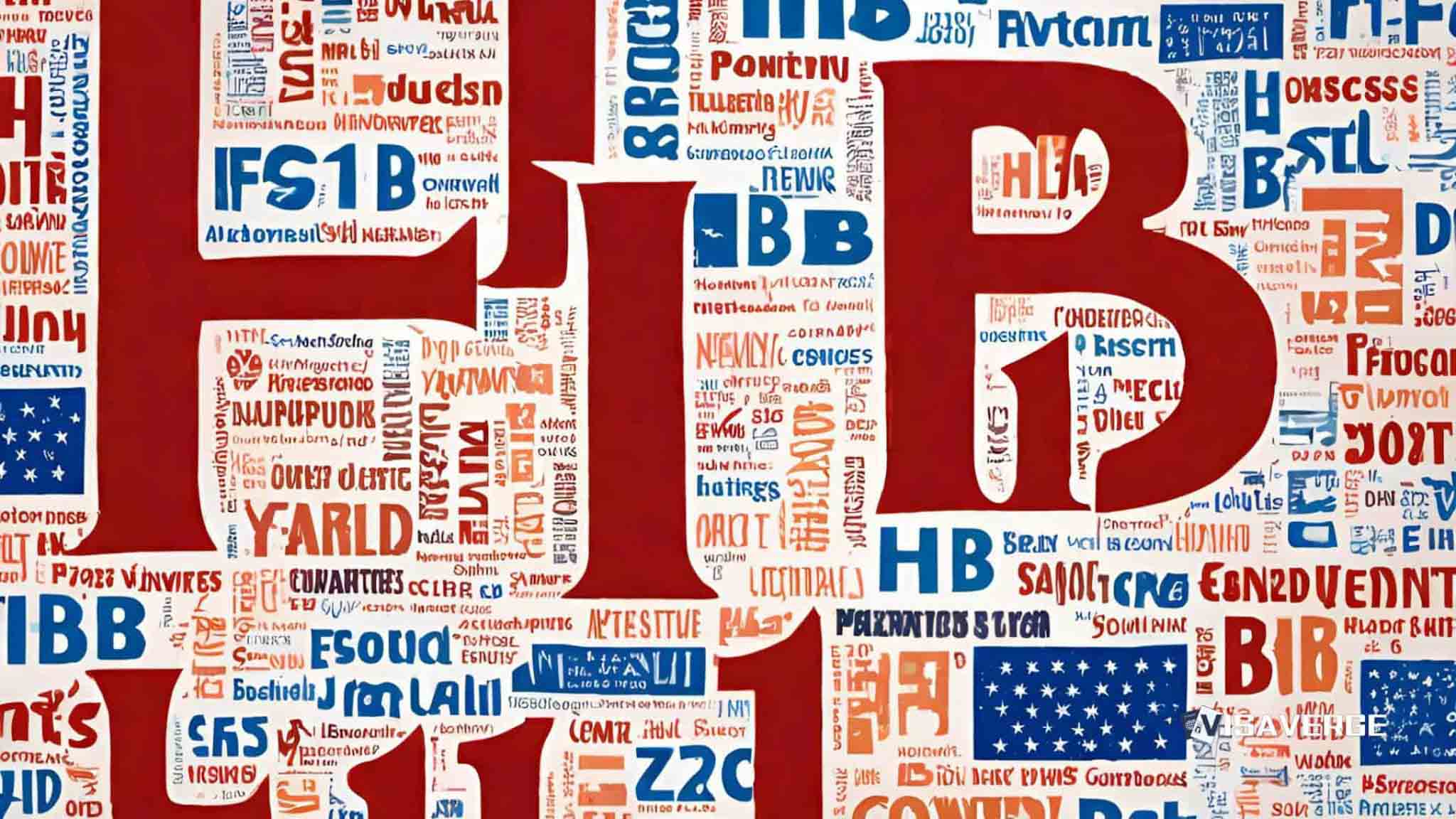(UNITED STATES) President Donald J. Trump on Friday, Sept. 19, 2025, signed a Proclamation called “Restriction on Entry of Certain Nonimmigrant Workers,” imposing a new $100,000 payment on every new H‑1B visa petition filed after 12:01 a.m. Eastern Daylight Time on Sept. 21, 2025. The fee applies to all new cases going forward, including filings tied to the 2026 lottery, and it is in addition to other existing charges.
The order directs the Department of Homeland Security (DHS) and the Department of State (DOS) to take “all necessary and appropriate action” to put the rule into effect, while stating that previously issued H‑1B visas and petitions submitted before the effective time remain untouched. It does not alter fees for renewals or limit travel for current H‑1B holders. U.S. Citizenship and Immigration Services (USCIS), U.S. Customs and Border Protection (CBP), and DOS have each issued guidance consistent with the new policy.

What the Proclamation does and why
The Proclamation represents a major cost shift for employers using the H‑1B visa program to hire foreign professionals in specialty occupations, most commonly in science, technology, engineering, and math (STEM).
- The administration frames the change as a measure to curb abuses and protect American workers by discouraging hiring of lower‑paid foreign labor.
- The fee is a one‑time payment tied to the submission of a new H‑1B petition.
- The Secretary of Homeland Security may grant a discretionary waiver in limited cases where waiving the fee serves the national interest and does not threaten U.S. security or welfare.
- USCIS has instructed employers to secure and keep proof of payment before filing.
Officials indicate this step is the first of several planned reforms, including DOL rulemaking to raise prevailing wages and DHS proposals to reshape the lottery to favor higher‑paid, higher‑skilled hires.
Immediate operational effects
USCIS, CBP, and DOS have issued guidance aligned with the Proclamation. Key operational points:
- The $100,000 payment must accompany every new H‑1B petition filed from the effective time forward.
- Previously filed petitions (before 12:01 a.m. EDT on Sept. 21, 2025) are not affected.
- Renewals are not subject to the new fee.
- Current H‑1B holders retain travel privileges under existing rules; travel is not blocked by the Proclamation.
USCIS advises employers to gather and retain documentation showing the $100,000 was paid before filing. CBP and DOS guidance indicate the fee requirement will appear in both USCIS adjudication and at visa interviews at U.S. consulates abroad. CBP officers at ports of entry may verify that a petition was filed in accordance with the new rules.
Employers should treat proof‑of‑payment documentation as central to compliance. Agencies emphasize records may be requested at multiple stages.
Waiver authority and practical guidance
- The Secretary of Homeland Security can waive the $100,000 requirement for cases that meet a national interest standard and do not threaten U.S. security or welfare.
- Agencies have not issued a formal checklist for waiver requests; waivers are described as case‑by‑case decisions.
- Employers seeking a waiver should compile strong, practical evidence showing the worker’s role in critical infrastructure, public health, emergency response, or similarly time‑sensitive, high‑impact projects.
Financial and planning implications
The fee is already affecting planning cycles for 2026 and beyond:
- The $100,000 payment attaches to petition filing, not lottery registration.
- Employers must budget this amount in addition to existing charges (examples noted in source materials):
- $215 lottery registration fee
- $780 petition filing fee
- Agencies have not stated the new payment replaces any existing fees, so companies should assume it is additive.
Many employers are evaluating options:
- Reduce the number of H‑1B petitions pursued
- Shift resources toward domestic hiring, green‑card sponsorship, or remote teams abroad
- Prioritize only the highest‑priority roles for H‑1B filings
- Universities and research organizations may reassess staffing for projects dependent on scarce global talent
Impact by sector and geography
- Sectors most affected: tech, engineering, finance, healthcare, biotech, and academia.
- Smaller firms and startups face particular hardship—hiring one or two specialists per year could become cost‑prohibitive.
- Countries that supply large numbers of H‑1B professionals (notably India and China) will feel the effect as higher costs and tighter standards shift selection toward top‑paying offers.
Timing and pendency considerations
- Petitions filed before 12:01 a.m. EDT on Sept. 21, 2025 are exempt.
- Workers with approved H‑1B status and valid visas can continue travel in and out of the U.S. under existing rules.
- Many families and lawyers advise caution during early implementation—some may delay nonessential consular travel until procedures stabilize.
Compliance and documentation requirements
USCIS guidance stresses documentation:
- Employers must obtain and keep proof that the $100,000 fee was paid before filing.
- Acceptable records may include payment receipts and any agency confirmations.
- CBP officers might query travelers at the border about petition filings under the new rule.
- DOS consular officers may expect matching records at visa interviews.
This three‑agency coordination increases the need for accurate records at each step.
Policy context: wages, lottery, and longer‑term changes
The Proclamation is paired with an agenda to steer the H‑1B program toward higher wages and greater selectivity:
- DOL will pursue rulemaking to raise prevailing wages that set the H‑1B pay floor.
- DHS plans to propose a lottery reconfiguration to favor higher‑paid, more specialized roles.
- The administration’s goal is to “upskill” the program and prioritize the “best of the best.”
Critics argue higher costs will price out smaller firms, reduce mobility for foreign professionals, and shift work overseas. Supporters say it will protect U.S. wages and encourage domestic training.
Practical steps for employers and workers
Employers:
1. Budget for the $100,000 payment plus existing fees.
2. Build fee‑proof steps into internal filing checklists.
3. Reassess hiring priorities—focus on roles with strongest ROI.
4. Prepare waiver documentation for cases tied to national interest.
Workers and families:
– Monitor employer decisions and agency guidance.
– Consider travel timing carefully if consular appointments or visa stamping are needed.
– Anticipate potential delays if employers reduce filings.
Legal and administrative follow‑up:
– Legal challenges are possible once DOL and DHS finalize wage and lottery rules.
– For now, the $100,000 requirement is effective for new petitions filed after the effective time and must be followed according to current agency guidance.
Reactions and broader effects
- Large tech firms warn the fee and wage increases could reduce filings, delay projects, and shift work overseas.
- Smaller firms fear being priced out entirely for rare hires.
- Advocates for U.S. workers view the fee as a signal to invest in domestic wages and training.
- Internationally, the change raises costs and selection pressure for applicants from major sending countries.
Key takeaways and next steps
- The $100,000 requirement is now the new gate for every new H‑1B petition filed after Sept. 21, 2025.
- Waivers exist but are discretionary and narrow.
- DOL wage rulemaking and DHS lottery proposals will further shape who benefits from the H‑1B program.
- Employers, workers, and families should monitor USCIS, CBP, and DOS updates as processing procedures, proof‑of‑payment formats, and consular practices evolve.
For authoritative background on the H‑1B category, see the USCIS H‑1B page at USCIS: H-1B Specialty Occupations. That resource explains the basics of the category and should be read alongside the new Proclamation and agency guidance on the $100,000 payment and forthcoming wage and lottery changes.
Policy Changes Overview (Summary)
- Effective time and date: 12:01 a.m. EDT, Sept. 21, 2025
- New payment: $100,000 per new H‑1B visa petition
- Scope: Applies to all new filings after the effective time, including the 2026 lottery
- Not affected: Petitions filed before the effective time, renewals, and current H‑1B travelers
- Agency actions: USCIS, CBP, and DOS have issued guidance aligned with the Proclamation
- Waiver: Discretionary, case by case, by the DHS Secretary if in the national interest and consistent with U.S. security and welfare
- Records: Employers must secure proof of payment before filing
- Other fees: New payment is in addition to existing charges (lottery registration, petition filing fees)
- Future steps: DOL rule to raise prevailing wages; DHS plan to favor higher‑paid, higher‑skilled roles in the lottery; additional reforms possible
Impact on Employers and Workers (Concise)
- Cost impact: Significant increase in filing costs, stressing startups, small firms, and research partners
- Hiring strategy: More selective filings; prioritization of high‑impact roles
- Worker choices: Potential delays or shifts to alternative pathways
- Travel: No new travel restrictions for current H‑1B holders, but early operational issues may cause caution
- Global effect: Higher costs and stricter selection for applicants from major sending countries
As agencies implement the Proclamation, expect further guidance in late 2025 and early 2026. The details in agency memos, rulemakings, and case handling will determine how the H‑1B program operates day to day under the new $100,000 standard.
Frequently Asked Questions
This Article in a Nutshell
On Sept. 19, 2025, President Trump signed a Proclamation creating a $100,000 payment requirement for every new H‑1B petition filed after 12:01 a.m. EDT on Sept. 21, 2025. The fee is additive to existing charges and applies to petitions tied to the 2026 lottery; petitions filed before the effective time and renewals remain exempt. DHS can grant discretionary waivers for narrow national-interest cases. USCIS, CBP and DOS issued coordinated guidance instructing employers to secure proof of payment before filing and to expect verification at consular interviews and ports of entry. The administration intends additional reforms—DOL wage rulemaking and DHS lottery changes—to favor higher-paid, higher-skilled hires. Employers are rebudgeting, narrowing filings, or exploring alternatives; small firms and startups face particular hardship. Monitoring agency updates and preparing waiver evidence for critical roles is essential.













